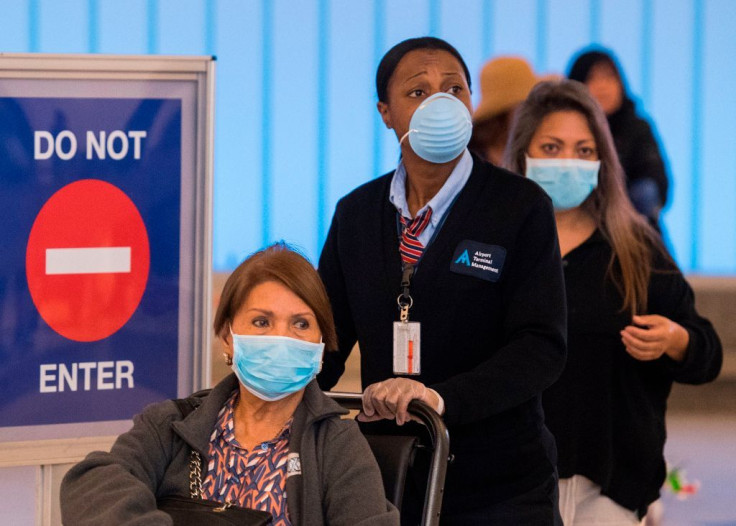What The 'Pandemic' Label Means For COVID-19?
KEY POINTS
- WHO declared COVID-19 a pandemic
- It is the first pandemic caused by a coronavirus
- Pandemic means that the disease has spread worldwide
- Misusing the term pandemic could cause fear or the idea that the battle has been lost
The World Health Organization (WHO) declared COVID-19 a pandemic, on Wednesday, March 11, as the number of confirmed cases outside China significantly increased and the number of affected countries tripled in just the past two weeks. So far, there are over 118,000 confirmed cases and over 4,000 deaths.
"WHO has been assessing this outbreak around the clock and we are deeply concerned both by the alarming levels of spread and severity and by the alarming levels of inaction," WHO Director-General Tedros Adhanom Ghebreyesus said at a media briefing. "We have therefore made the assessment that COVID-19 can be characterized as a pandemic."
That said, Ghebreyesus said that the declaration does not change anything about the agency's assessment of the threat and neither does it change what the agency is doing and recommending countries should do. The declaration means that a new disease, in this case, the COVID-19, has spread to many countries, specifically 114 countries.
To be clear, pandemic refers to the spread of the disease and not the severity of the disease itself. Although the criteria for categorizing the spread of a disease as a pandemic is not clear, it is often used with new influenza strains that tend to easily and efficiently spread from person to person in multiple regions.
"Pandemic is not a word to use lightly or carelessly. It is a word that, if misused, can cause unreasonable fear, or unjustified acceptance that the fight is over, leading to unnecessary suffering and death," Ghebreyesus said, also noting that the number of cases does not provide the full story of what is happening with COVID-19.
For instance, although there are over 118,000 cases, 90 percent of the cases come from just four countries and, two of them -- China and South Korea, are already seeing a decline in the number of cases reported per day. The other countries that are hardest hit by the disease, Italy and Iran, are also taking drastic measures in an effort to contain the disease despite the possible impacts on their societies and economies.
What's more, of the total number of confirmed cases, 66,000 people have already recovered from the illness and there are also 81 countries that still have not reported any cases.
The label "pandemic" does not mean that there is nothing more we can do to turn the tide. Now that the disease has been declared a pandemic, however, what will happen in the coming days, weeks or even months may depend on how governments and members of the public will take action.
As seen in the actions taken by countries such as South Korea and Italy, quick, bold actions from both the government and the people can prevent the disease from spreading further or at least slow down the pace of the spread.
As such, Ghebreyesus reiterates the message that all countries, even those that already have community transmission, can still change the course of the pandemic by putting in the effort to contain the disease.
"Several countries have demonstrated that this virus can be suppressed and controlled," Ghebreyesus said. "The challenge for many countries who are now dealing with large clusters or community transmission is not whether they can do the same – it's whether they will."
Describing the situation as pandemic now does not mean that it is time for the world to throw in the towel and give up. If anything, it means that we have to persist in taking urgent and aggressive action and, to look out for one another. This includes all the members of society, from the leaders to the citizens.
For regular people, this could mean following the prevention steps of proper hygiene and avoiding touching the face and, by making sure that we don't share misinformation that could spread fear or, on the flipside, complacency. For governments and society as a whole, Ghebreyesus summarizes the key areas into preparation, detection, testing, and treatment, reducing transmission and innovation.
"Let me give you some other words that matter much more, and that are much more actionable. Prevention. Preparedness. Public health. Political leadership. And most of all, people," Ghebreyesus said. "We're in this together, to do the right things with calm and protect the citizens of the world. It's doable."

© Copyright IBTimes 2025. All rights reserved.






















